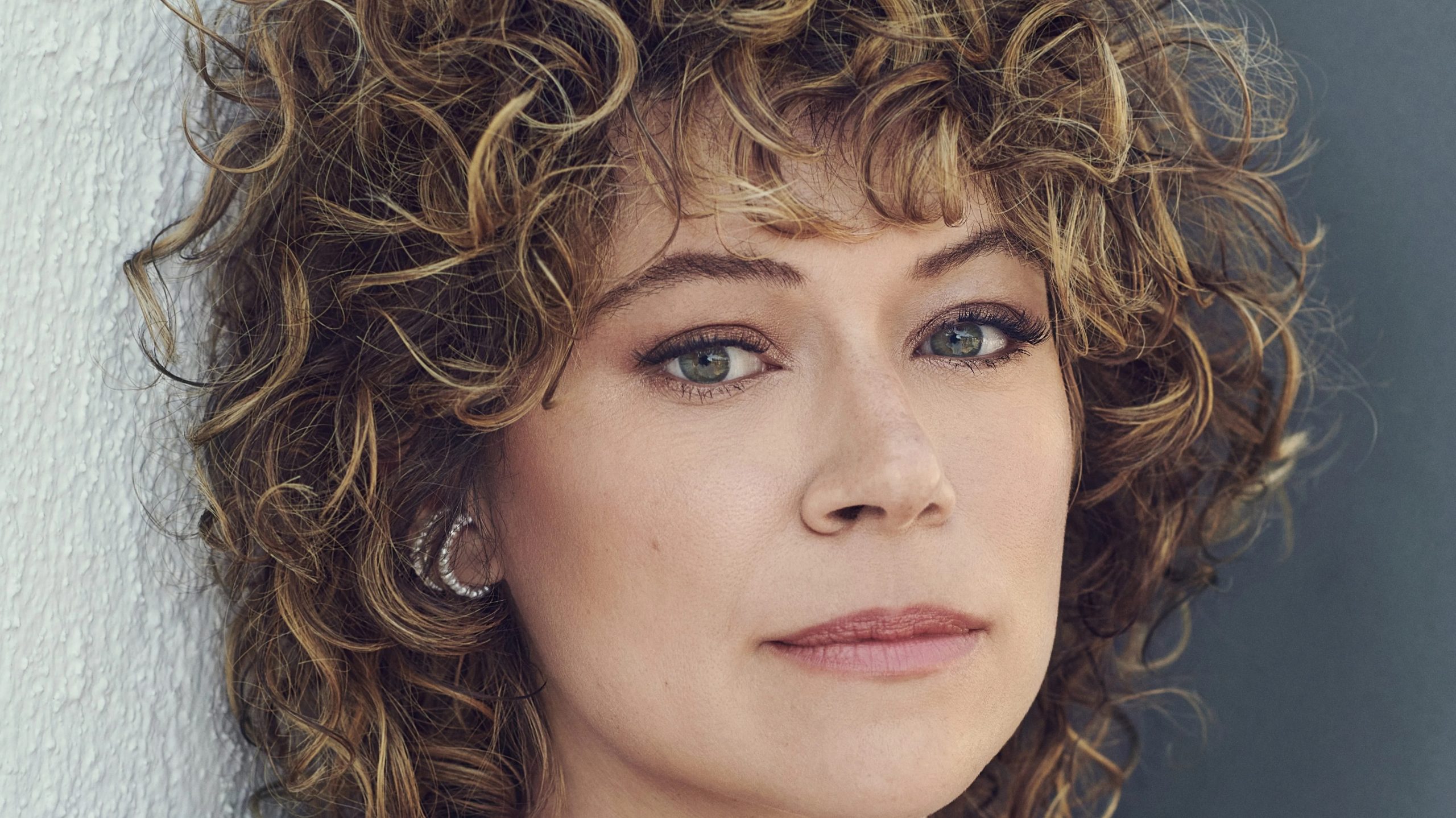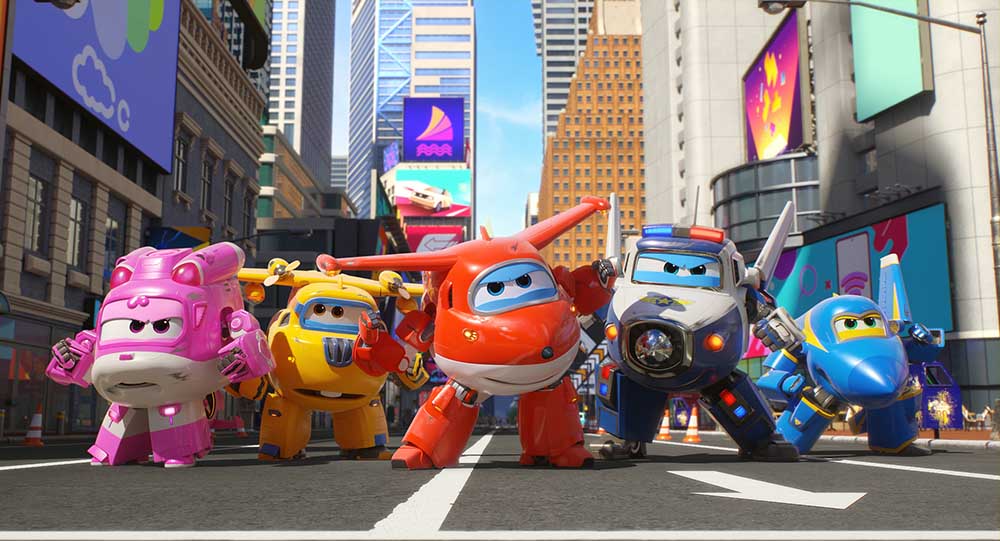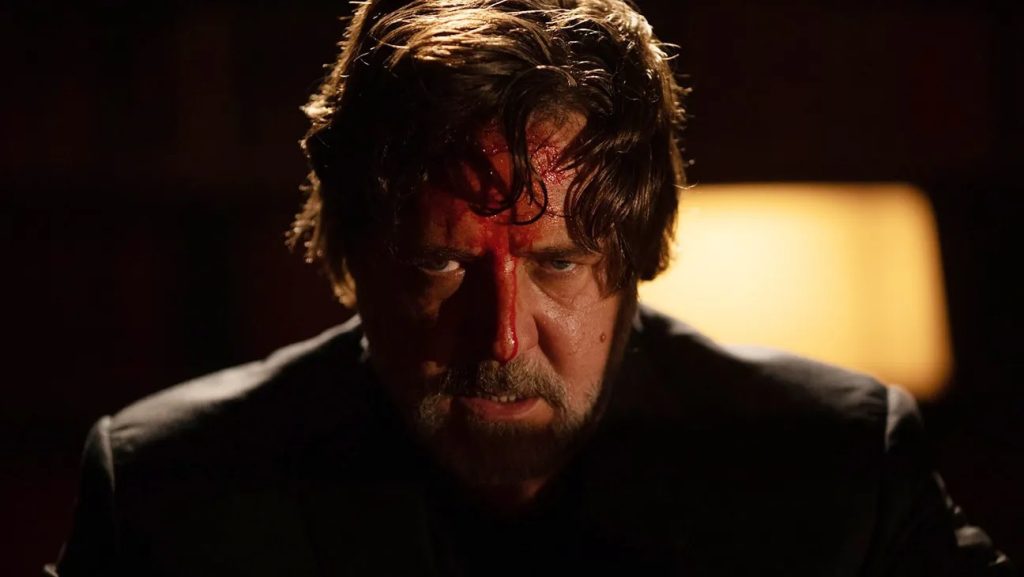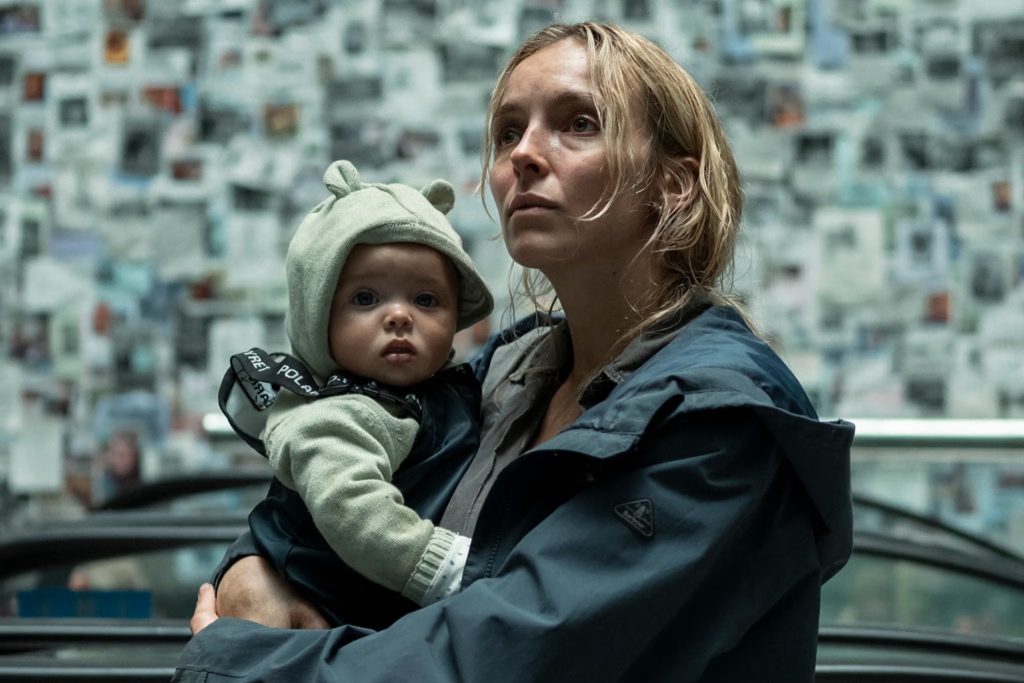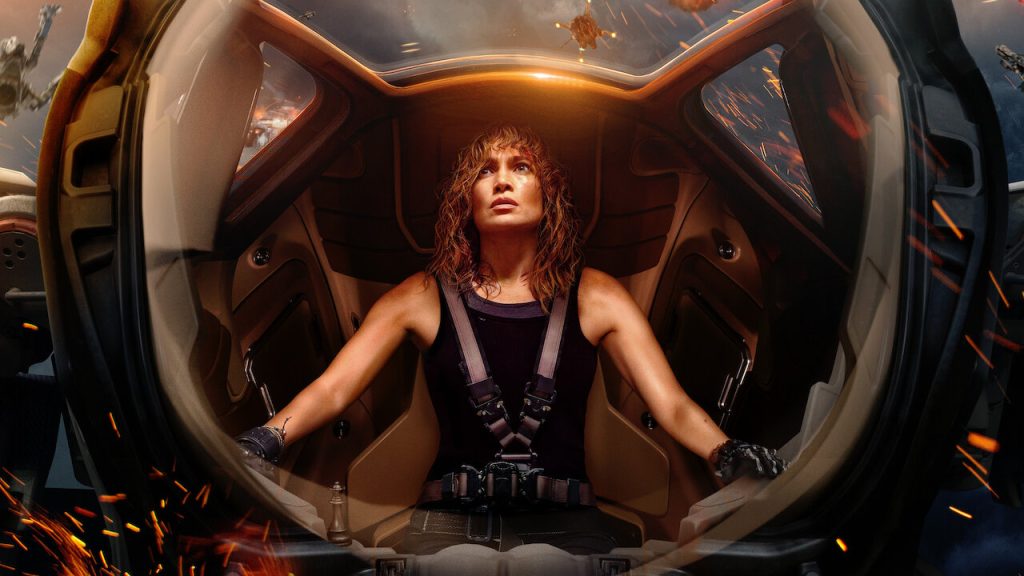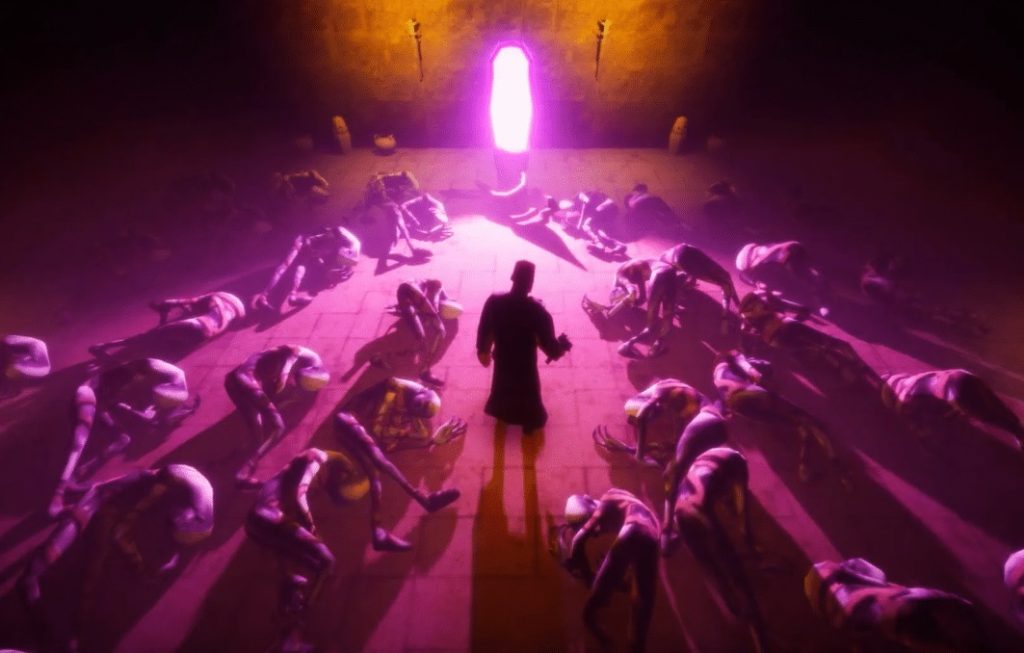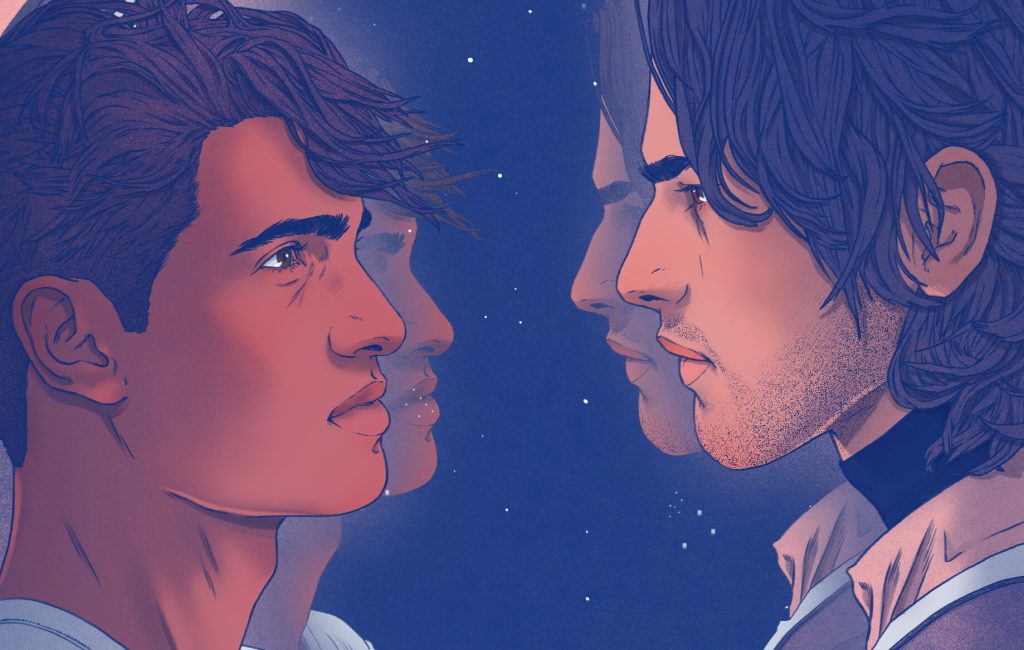Tatiana Maslany, whose seventeen-character performance in Orphan Black made the Canadian actress a household name, and who recently rose to new heights of fame for her titular role in the MCU’s She-Hulk: Attorney at Law, gives her voice to Butterfly Tale, a heartwarming animated film about a determined, one-winged butterfly that will make your heart flutter.
In Butterfly Tale, the audience follows Patrick (voiced by Mena Massoud), a brave but inept, one-winged butterfly determined to brave the great Monarch butterfly migration from Canada to Mexico despite being unable to fly. Patrick stows away in a milkweed trailer alongside his best friend, a caterpillar named Marty (Lucinda Davis), and Jennifer (Maslany), a butterfly afraid of heights for the journey of a lifetime. Heidi Foss, Lienne Sawatsky and Michael Solomon wrote the pic, which is directed by Double Dribble filmmaker Sophie Roy.
Ahead of Butterfly Tale‘s release in UK and Irish cinemas on April 19th, STARBURST had the pleasure of sitting down with Maslany to discuss her career so far, voice acting, and the importance of children’s films.
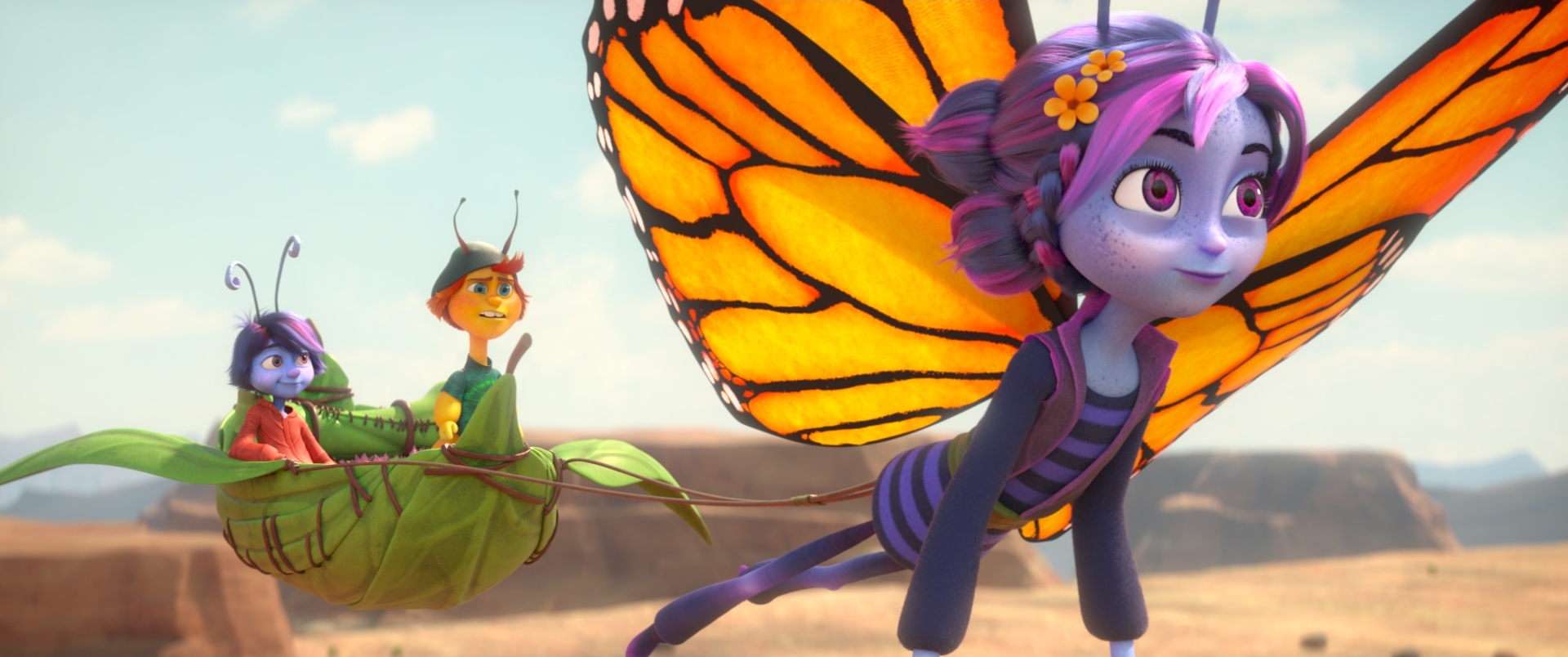
How did you come to be involved in this project?
Tatiana Maslany: My agent sent me the script, and I just got into reading it immediately and thought it was just so fun. I’m always excited to do animation because it’s one of my favourite art forms. I really revere voice actors, so any chance I get to play in that world is really exciting to me. I thought the story was really sweet and really funny, the character was great, and I just thought that kids would love this! It’s not often that I get to do something directly for kids.
What was it about the character of Jennifer that most appealed to you?
Tatiana Maslany: I think it’s that she’s a fun, prickly, but ultimately fearful character, which makes for a fun contradiction. To anyone on the outside, she comes across as super confident and knows herself, but she doesn’t have all her stuff together.
Besides your character’s arc of overcoming her fears, were there any aspects of the general story you were particularly excited to explore?
Tatiana Maslany: What’s amazing is not just that Monarchs travel the distance that they do with their tiny little wings – you know, 5000 km from Canada to Mexico – which is an incredible feat. They also come across weather patterns and other factors that are upsetting their trajectory, which obviously has undertones of a climate catastrophe and touches on things like climate change, which kids might not totally glom on to, but that could get them talking with their parents and hopefully start up that conversation. It’s not necessarily the most joyful conversation, but it’s definitely important to the Monarch’s story and their endangerment.
Even as an adult, you might find yourself in a research spiral on Monarch butterflies. I, for instance, found some depressing statistics that revealed that since the 1980s, the Monarch population has declined by around 90%. So, it seems like a very urgent discussion to be having, especially with the next generation.
Tatiana Maslany: Totally! And if you can do it in a way that lets these kids empathise with the characters, and make them feel protective of them, then even better. Children are by no means the greatest creators of climate catastrophe, but change is urgently required, and I feel like every generation can be getting smarter and more aware. At least, I hope that’s the case.
You said you’re a big fan of animation, and I’ve noticed that themes of ecological sustainability have a long history within that medium. What do you think makes animation the perfect medium for these kinds of discussions?
Tatiana Maslany: That’s interesting because I’m thinking of FernGully, too. I was so invested in it, and it speaks of the capitalist destruction of the forest in a way that’s personified in Hexxus. It’s such an adept way of pointing out who the villains really are: capitalism and deforestation threaten these characters that we love and who are about healing the forest. It’s a classic fairy tale where you learn a lesson through empathising with a character. And you’re right that animation has something to it… I know you’re a genre publication, and sci-fi or horror are similar in terms of creating a space to talk about familiar things whilst allowing you to feel it differently. You experience the story or viewpoint in a different way, and something like sci-fi can help you conceptualise a different way that the world could be.
You’ve done a fair bit of voice acting already in terms of animation. How does your approach to the performance differ from live action?
Tatiana Maslany: Visually, your body is stripped away, and you can’t use it as a cue for the audience as to who you are. But it was still such a physical job – there’s a different kind of energy that you have to put out because you can’t use subtle hand gestures or physical presence to signify something. You have to put it all in the voice, which requires some physicalisation, even when it’s auditory. I learned a lot from Sophie, the director. I would think I was portraying something specific through my voice, but she’d direct me to add something there or push something here. It really is like music. You have to expand your range. That’s part of why I reverse voice actors like Billy West so much.
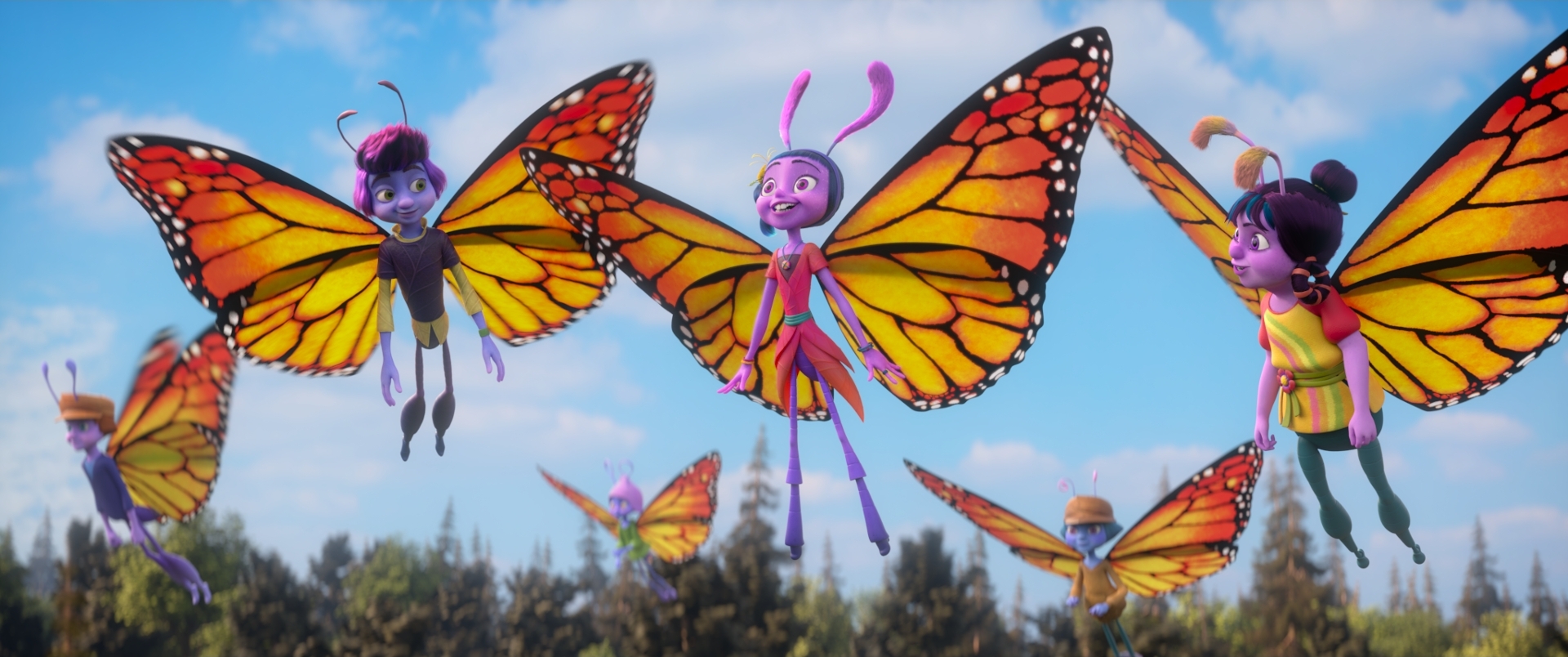
We’ve already touched on the environmental dimensions of Butterfly Tale. Other than that, what message are you hoping that kids will walk away with?
Tatiana Maslany: So much of it is about Patrick’s journey and his determination to do something that’s very challenging because of his impairment. I think that kids watching will hopefully realise that whatever makes them different can actually make their worldview more interesting and exciting, and there’s a lot to be gained from that. Differences are really beautiful, and I hope kids see that.
Towards the beginning, there’s a scene where Patrick and Marty try to fix Patrick’s wing by weaving him a replacement. I was strangely relieved when that failed because it encourages people to work with their differences rather than trying to ‘fix’ themselves to fit, which is such a good message.
Tatiana Maslany: That’s absolutely true and reinforces the point that it isn’t about him being like everybody else. It’s not about conforming; it’s about finding his own way through.
Speaking more broadly about your career, given your significant and varied roles, what do you look for in a project when deciding to take it on?
Tatiana Maslany: It’s always different things. Sometimes, it’s a script that will surprise me and leave me with more questions than answers, and that will leave me wanting to keep asking those questions. Other times, it’s down to the character. With my trajectory, I really enjoy playing and transforming and finding somebody new inside that I haven’t expressed yet. I like to try on somebody who has lived a very different life from me. And then sometimes, there’s barely a script, but there’s an idea, and I’m excited to come play. I’m attracted to smaller projects that are about discovering something together.
Do you find that you feel a certain responsibility to take on projects that will educate the next generation? It’s a big question, but in terms of your work’s legacy now that you’re 30 years into your career, does that play on your mind?
Tatiana Maslany: Yeah, I think that started with me with Orphan Black. The response to that show surprised me and really alerted me to the way that storytelling can impact people, not just individuals’ lives, but also entire communities. With Orphan Black, people from all over the world found each other online over their love of this show and their connection to the characters and the concepts of gender and sexuality that are explored. Some became best friends, some got married, and some travelled across the world to meet each other. Some wrote books together about the science of Orphan Black. They wrote fanfic, they made art, and all of it was so powerful. Especially considering these were mostly people belonging to the LGBTQ+ community, how amazing is that impact? It was beyond anything any of us could have predicted or imagined.
It definitely made me conscious of the dialogues that films and series can open up. I never want to control the story around something, but I do like to offer up my ideas on it, and hope that other people will have their own thoughts and responses.
Butterfly Tale releases in UK and Irish cinemas from April 19th, distributed by Signature Entertainment. Watch the trailer below:

